This is my penultimate best-of (or 'worst-of') list and it will concern itself with movie scores, commonly called soundtracks. For all my readers who don´t know what these are: scores are these strange things sounding remotely like music accompanying scenes of the movie you´re watching. I´m not talking about some songs where some guy sings something that´s somehow related to the movie (the feeling of the scene), no, I´m talking about music specifically created for those scenes only. Most of the time movies have a musical score so that certain scenes can be enhanced, weakened, juxtaposed, whatever you like. Filmmusic composers come in at the last moment of the movies' creation process, one often quoted statement describes it best in my opinion: "A filmmusic composer is the last writer on a movie". It´s important to understand that the job of a score composer is extremely important and difficult, he/she can affect the final statement of certain scenes in a movie tremendously. While the importance of scoring is common knowledge in the movie industry there are many people all over the world who sneer at filmscores, these people often state that scores are just tapestry and wouldn´t exist on their own. In Germany for example it´s quite normal to deride filmscores, in the eyes of us sometimes arrogant Germans scores are not "art" - they are written for a movie which itself is nothing more than entertainment. The truth however lies somewhere in the middle: yes, a movie is a form of commercialized entertainment and yes, a filmmusic composer indeed is an artist. This is of course a discussion hundreds of years old, Mozart or Beethoven can be equally accused of being commercial (they made a living with their music).
It´s important to understand this clash because it is one of the reasons why filmscores fail to sound as well as many classical recordings. Yes, I know, a score is not classical music. Many people actually get this wrong; while filmmusic may use one instrument of the classical repertoire (an orchestra) it still doesn´t belong to that genre. Filmmusic also uses many different styles ranging from romanticism, baroque, post modernism, serialism, pop, jazz etc. and it must do so because it has to be recognizable and not too challenging so that the audience can still get the message. So, because filmmusic isn´t regarded as pure art and is created mainly for enhancing the commercialized dramatic narrative (the movie) and also because it is sometimes produced with limited amounts of time and money it can sound horrible as a result. I can only imagine what this means to the engineer responsible for the sound of the score: immense stress. Regarding that it´s no wonder that filmscores rarely sound perfect - still most of them sound decent; not very good but good enough for daily enjoyment. A proof to the talent of most of the engineers having to work under stressful, ever changing and demanding situations where money and time are on short supply. Some examples are so awful however that I´ll start my last two lists with the worst sounding scores of all time, it´ll be fun, I promise you. Oh, and score fans? Gimme a break, you may not like what you´re going to read but as I´ve written in all the other articles: this is just my personal opinion, nothing more.
I´ll start my list with a score by celebrated, multiple Academy Award winner John Williams. He did most of the movies of Steven Spielberg and George Lucas, he probably is the most successful score composer of all time, even "normal" people celebrate him (not only nerds like me). His score to "The Empire strikes back" has been a constant challenge for fans during the last 30 years or so. When it was first released it wasn´t complete (a score rarely is), when it was released in complete form by RCA Records in 1997 it sounded just awful. The latter version is the one you can see above and - by God - it´s one of the most hideous examples of sound ever preserved on CD. To make this release possible several different sources had to be used, sometimes they were in a very bad condition because of improper storage and sometimes they were mixed awkwardly. Several tracks were subsequently remixed by a person who obviously never mixed an orchestral recording before or didn´t have the correct information of how to place certain instruments with the result that some instruments of the orchestra are changing their place during the CDs' runtime. Even worse is that the original sound balance by engineer Eric Tomlinson was lost, resulting in a harsh, distorted, flat and compact sounding experience. It comes close to the sound of fingernails on a blackboard: deep bass is absent, highest frequencies responsible for "air" are nonexistent and the rest inbetween is either too loud, constricted or distorted. Until an improved version is to be released sometime in the future this release has to be avoided by all means. Believe me, I have tried to "remaster" it for myself but I´ve failed miserably two times, it simply cannot be done. Oh, and the 2004 Sony re-release is the same (despite the moniker "DSD remastered" on its back cover).
This is a truly great score, an achievement that catapulted James Horner to the A-list of composers working for Hollywood. The sound is frightfully distorted when the amplitude gets higher and looses resolution when it gets lower. This is an example of a recording made without much money and also another example of a recording engineered for vinyl. The release you can see here is the remastered and expanded version, released in 2009 by FSM, expertly remixed by Mike Mattessino. The new mix actually improves the sound somewhat but I assume that Mr. Mattessino couldn´t do something about the atrocious recorded sound without destroying too much of the initial material. Really a shame because the music is so good, it shows all the characteristics James Horner uses to this day in the best way possible.
These four score shall serve as an example for recordings that have been remastered badly. "The Great Train Robbery" by Jerry Goldsmith had been released already in remastered, remixed and expanded form in 2004 and none other than Bruce Botnick did the new mix. Many fans of the score (and of the old LP released in 1979) always hated that expanded version because of a supposedly bad sound. Bruce Botnick had been working with Mr. Goldsmith from 1979 until 2004 (when Jerry Goldsmith sadly passed away) so he was constantly exposed to the sonic wishes of the composer. These were calling in later years for the sound to be "wetter, wetter, wetter" (as Mr. Mattessino so nicely told me) and so he remixed the Eric Tomlinson engineered score according to the newest sonic taste of the maestro. The result was a surprisingly fresh and up-to-date sounding release by Varèse Sarabande. But then there are fans who cannot forgive a more modern approach. For the past seven years they have been constantly crying out loud to "fix this mess", they complained that the timpani and the overall sound were too muted. In reality however it sounded like a modern recording, able to display an orchestra as one singular unit and not as parts seemingly recorded in seperate booths. Anyway, in 2011 the fans got their wish: the score was re-released by Intrada, newly remixed, remastered and expanded. With this latest release the sound is back to its old, vinyl-y self: compact, explosive but harsh with the orchestra sounding like seperate units. Bass that was present on the 2004 version is gone as is the lovely bloom courtesy of Mr. Tomlinsons original engineering. Very disappointing.
"Raiders of the lost Ark" was re-released in remastered form by DCC Records in 1995, a now defunct label. Originally the engineering was done by Eric Tomlinson (again) while the remastering job was done by Steve Hoffman, a man regarded as God by his many fans. He even might be well suited - when it comes to soul, rock and other releases from many decades before (-> don´t sound well). He cannot make anything worse with these recordings in my opinion. His fans may disagree but I can tell you that he appears to have no idea of the sound of an orchestra. His remaster of one of the greatest scores of all times sounds too compact with too much emphasis on treble. The result is an often piercing, shrill sound that lacks a solid "base" in combination with constricted staging. While it´s common practice to master music to fit ones' sonic taste it just didn´t work on this example here where Mr. Hoffman added his beloved euphonic colour with a tube equipped pre-amplifier (as he always does), resulting in already crisp high frequency details being exaggerated beyond enjoyment. The most recent remaster released by Concorde Music in 2008 is the superior one even though they applied some light dynamic compression and got the speed of some tracks wrong. But that´s still the one you should buy.
"Supergirl" not only failed at the cinema, it also fails soundwise on the release from 1993 by Silva Screen Records. The music itself is really good, critics have sometimes called it the single redeeming aspect of the movie. It offers a brassy, extremely engaging title theme, a robust theme for the villain and a sweet love theme. The synthesizer integration is well excecuted here (Mr. Goldsmith loved to pepper his orchestral scores with synthetic elements) and the original sound was gorgeous too - Eric Tomlinson again. So it´s even more baffling to me how a person can turn a sound that was lovely to begin with into this... well, hideous thing. Actually it´s no surprise: the remastering engineer has just one orchestral mastering credit: this one. Most of the time he masters hard rock, punk and other "loud" stuff. Sadly it shows here: the music is way too aggressive, reverb sounds like metal, bass is absent. The presence area is extremely loud while the treble area usually pronounced by Mr. Tomlinson has been reduced. In the end you get a screeching and screeming mess where instruments are either too loud or too big and the orchestra seems much too small or too wide.
"The Fugitive" is an oscar nominated score by James Newton Howard, well worth your time. The saxophone is played by none other than Wayne Shorter. The original release from 1993 already had a strange problem: channels had been switched during mastering. The expanded re-release from La La Land records (2009) corrected this but introduced a new malady: dynamic compression. While the older release will rock your house with dynamic hits of the orchestra the newer one won´t do so because it sounds timid and it misses deep bass. This release seems to have been done with old grandmas in mind!
A movie for the younger and predominantly male generation of movie goers, a movie that will proudly swell your balls to the size of melons if you belong to this group, a movie with a mediocre score by Alan Silvestri. Dumb and stupid is also the sound of this Varèse Sarabende released CD: it has been brickwall limited; it may appeal on the radio where it´ll certainly grab your attention playing alongside such dignitaries as Gaga or Katie Perry. C´mon, a score on the radio?? Who decided that an orchestral score would need that? What the heck were these people thinking, how could Patricia Sullivan-Fourstar master like this? But wait, this wouldn´t even be the worst aspect of this mess wouldn´t it have been mastered from lossy compressed mp3 files. Yes, you´ve read it right: the first half was mastered from 48 kHz mp3 with a data rate of 192 kBit/s. A bug? A feature? No one can tell. Varèse Sarabande said back then that they never look at the frequency spectrum, they observe only by ear. You know what? I actually have been avoiding scores from Varèse during the last years. I´m really glad now that I realized that!
A very famous and experimental score, released in 1968, composed by Jerry Goldsmith for a film by Franklin J. Schaffner.With this score Mr. Goldsmith effectively brought Alex North's dissonant and percussive style then foreign to casual movie goers to bigger attention. The music strongly divides fans' opinion of Goldsmith's work with no shades of grey inbetween. The sound however is for sure disliked by everyone for it is devoid of treble (replaced by noise) and has a great amount of energy at the presence area which makes it aggressive and muddied at the same time. While this is not unusual for music recorded at those times it still fares worse compared to other scores produced back then. It wouldn´t be that bad if everything would sound like playing through a blanket but some instruments (or should I say kitchen appliances?) indeed are crisp and generally very well recorded. So why wasn´t everything else matched during the remix and the subsequent mastering? An unused chance - disappointing.
This score by James Newton Howard for a movie with lovely Angelina Jolie playing a secret agent was a - successful - attempt to cash in on the Bourne-franchise - and it does show in the score. It even copies some "Zimmerisms" ("composing" characteristics of Hans Zimmer) and it improves them as a result. "Chase accross DC" is a particular highlight of the score. Wouldn´t there be this - how can I put this politely? - awful sound... this release seems to be engineered to sound impressive on the very mediocre iPod headphones, it´s able to counteract their bass- and treble weak sound. On a home stereo this ostensibly results in an bass heavy and shrill sound, colour has been drained in favor of a built-in loudness switch you usually find on your amplifier - that obviously cannot be switched off in this case because it has been engineered into the sound itself. To be fair, it actually seems to be recorded well which will be revealed only if you´d attempt trying to correct this - but even then you´d have to do something about the dynamic artifacts created by the brickwall limiting. Yes, this score is just another prime example of the Loudness War. Shawn Murphy, how could someone like you - who normally is wonderfully talented and tasteful - produce something like that?
Yet again, another example of the Loudness War. Oh, and please excuse the non-original cover, I couldn´t find a better one because the original cover is too small and not very sophisticated. This beautiful score suffers in many ways from its sound: this release appears to have been mastered with a crowd in mind that usually buys mainstream pop music. It sounds constricted, very dry (curious for a christmas-themed movie), some instruments sound more like static. Plus: a Loudness switch has been engineered into the sound again in combination with brickwall limiting - ReplayGain tells me it is 7 dB too loud (!). Hence this increase of Loudness destroys the sound of the orchestra and its dynamics. Subtleties of the orchestras` performers are lost on this recording with the effect that the music isn´t presented as good as it really is. It´s disappointing really; the process of mastering should never affect the message of the music. To add insult to injury this wasn´t even released on CD but as a lossy download only. I bought my version at Amazon.de and while it has a comparatively high bitrate of 256 kBit/s it still is lossy with almost all frequencies missing above 16 kHz (which I still can perceive). I hope Intrada will rectify all shortcomings soon in view of their recent partnership with Disney for this score to shine properly.
This actually isn´t that bad, frequency response is relatively balanced. It´s just brickwall limited and much too wide, someone has been pushing the "widen the stereofield" button to greedily. Probably to improve the already dry and constricted sound of the original. Strings are too far on the left, brass is on the far right with virtually no sound in the center. The staging is so wide that it has to be heard to be believed. Another Varèse Sarabende disappointment.
Composed by Hans Zimmer (he was contractually obligated to another project so Klaus Badelt is credited with composing duties) this score is extremely popular with mainstream audiences and Zimmer fanboys alike (who shouldn´t be regarded as experts because they usually listen to DJ Tiesto). Many people will know that Zimmer and his team produced this as a replacment score for the first composer Alan Silvestri (who was Verbinski's personal choice). To be fair, this score was produced in a very limited amount of time only because producer Jerry Bruckheimer hated the first score by Alan Silvestri, it wasn´t manly enough (it had woodwinds in it which are - we all know this - for faggots like me only (yes, he´s a homophobic)). It´s highly commendable that Badelt/Zimmer (and probably a bunch of other composers) achieved this in the short amount of time. As I now know from the wonderful book "Torn Music" there were no hard feelings between Alan Silvestri and Jerry Bruckheimer who behaved most admirably. Mr. Silvestri hadn´t written something beyond some themes and synth-mockups, even less recorded something. According to Silvestri, him and the producer parted on good terms. Zimmer and his Remote Control team had one month time to come up with this score which isn´t that bad and typical for Herr Zimmer; it´s jolly good fun. The sound however isn´t funny, it´s a nightmare. Brickwall limited again which leads to audible distortions and dynamic artifacts with the usual slighly loudness-y sound so typical for Remote Control productions. Parts of the orchestra have been replaced by 80s` synthesizers and it´s very apparent here. Hans, warum klingen deine Scores eigentlich immer so Scheiße? Mach mal was dagegen!
A good score for an even better movie. But I´m at a loss here why it sounds so bad. You know, I expect a new recording from 2011 to show how far we have advanced soundwise. Why this one disappoints is baffling to me. "The Matrix" above was too wide but this one here is the opposite, it´s too compact. From what I´ve read many scores from Michael Giacchino show a sonic soundscape like this so I have to assume that he suffers from some sort of hearing damage. Tinnitus perhaps? Otherwise this close-to-monaural sound cannot be explained: on lower frequencies the stereo field is wide enough but the higher the frequencies go the smaller the stage gets. Frequency response is relatively balanced but borders on the muffled sound typical for recordings of the '60s, violins sadly are sounding dark. All of this results in a tiny and very analogue (in a bad way) sounding score. Thankfully brickwall limiting is absent - the dynamics have been tinkered with nonetheless: pieces that are supposed to be low in amplitude have been amplified to a level close to the amount of usually very loud pieces. I´m very confused by that, I´m always at the volume knob to re-create a "normal" orchestral dynamic. It sounds as if the mastering engineer applied a per-track based ReplayGain result to the final mastering instead of a per-album based result. Erm... no; not Loudness War but uneven.
Last update: 08.06.2012



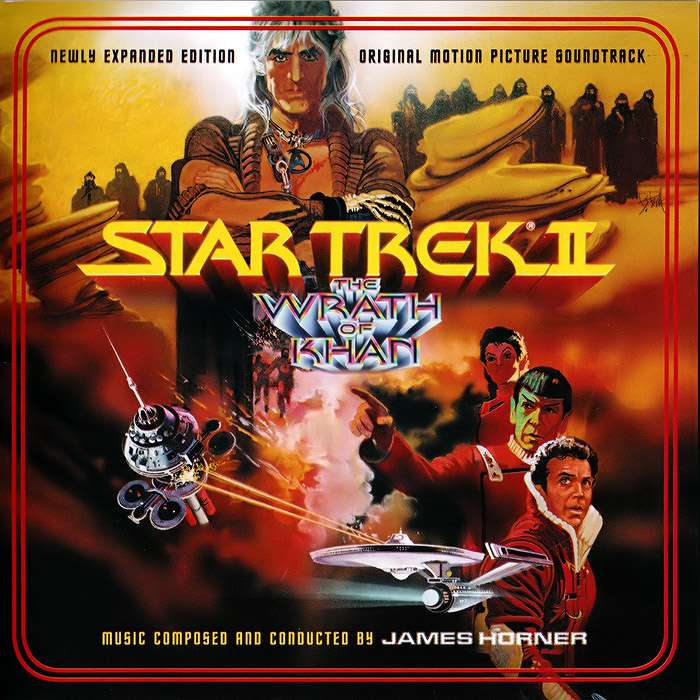
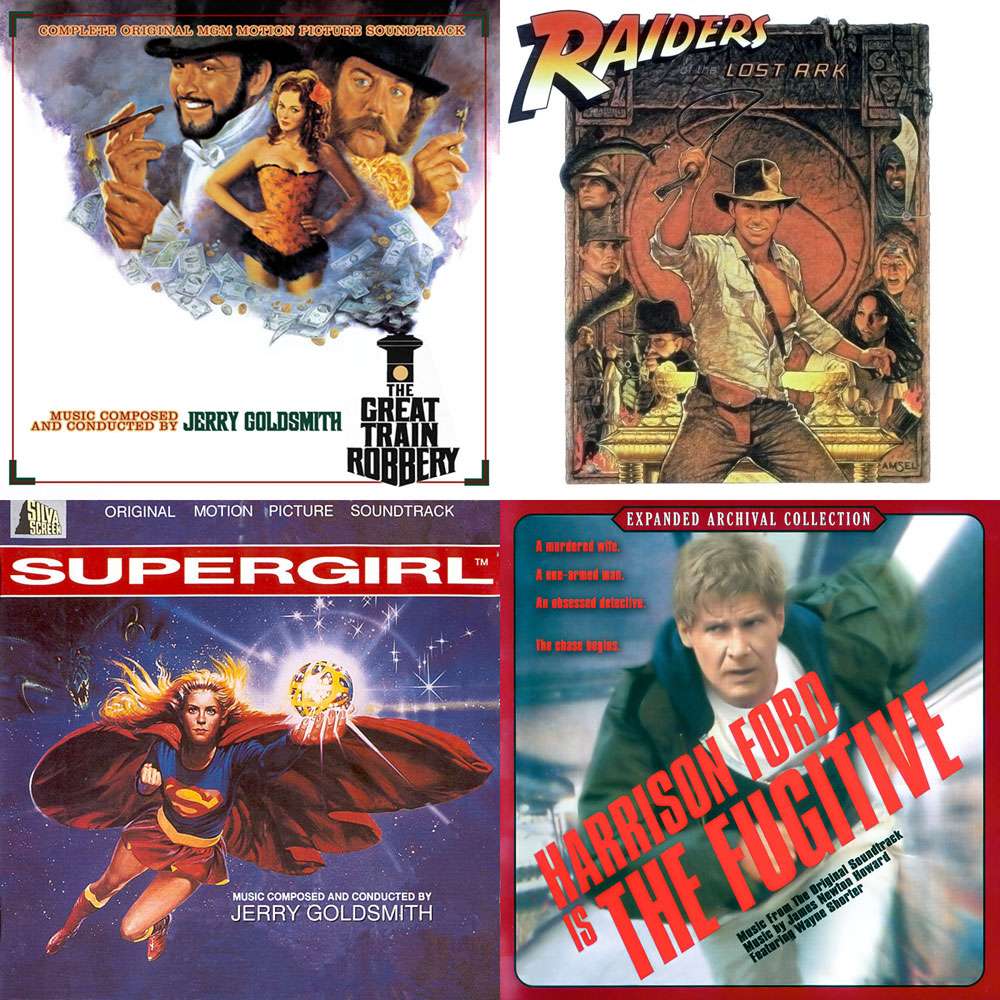
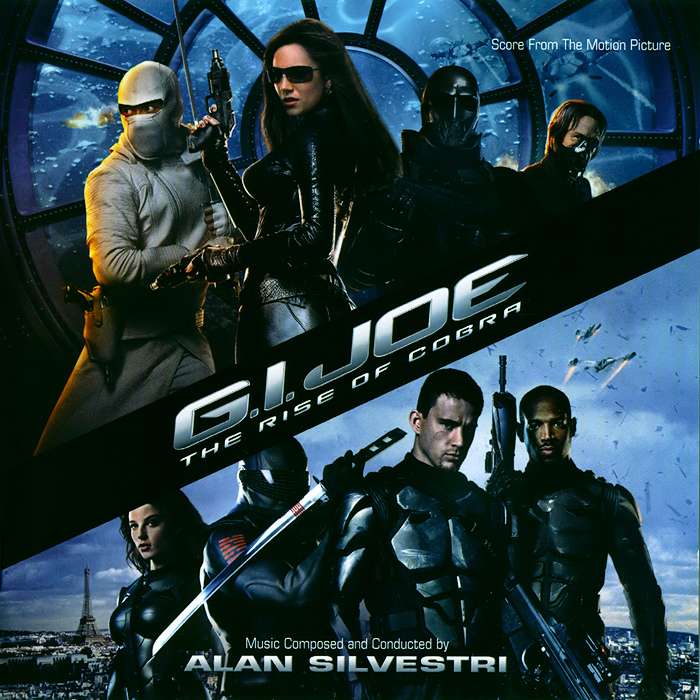

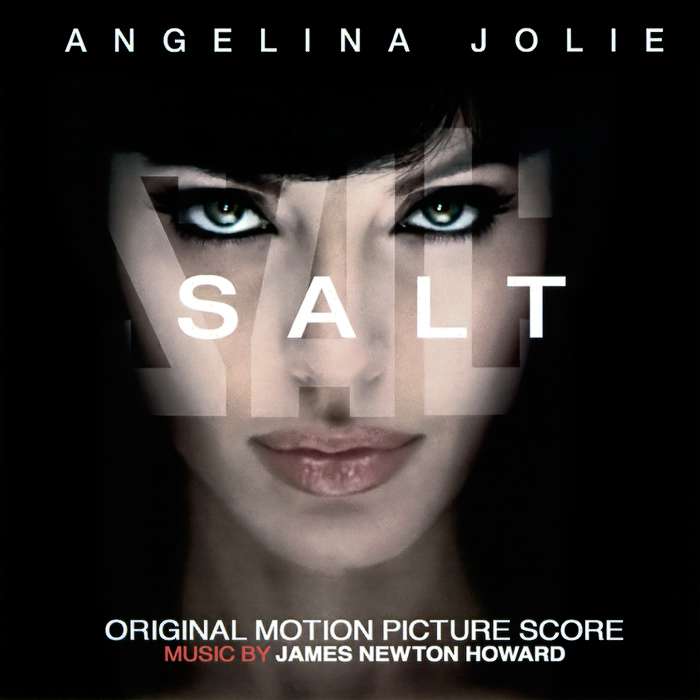
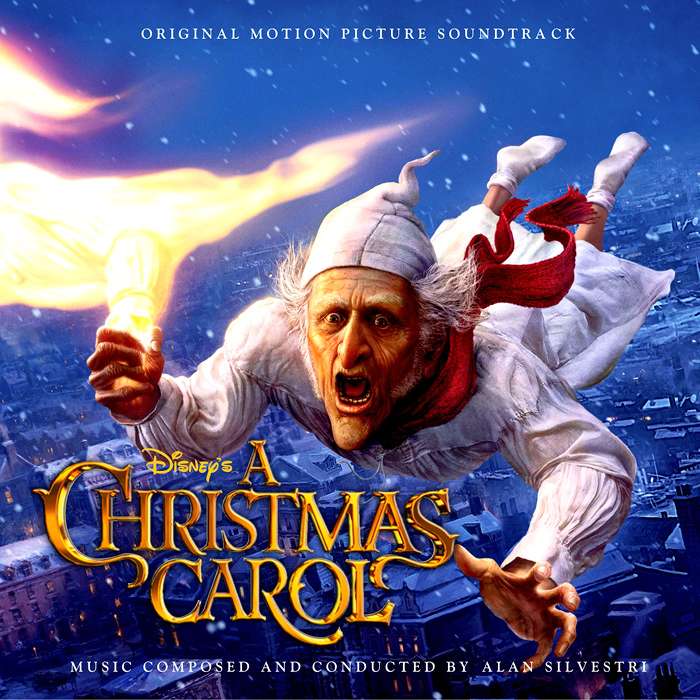
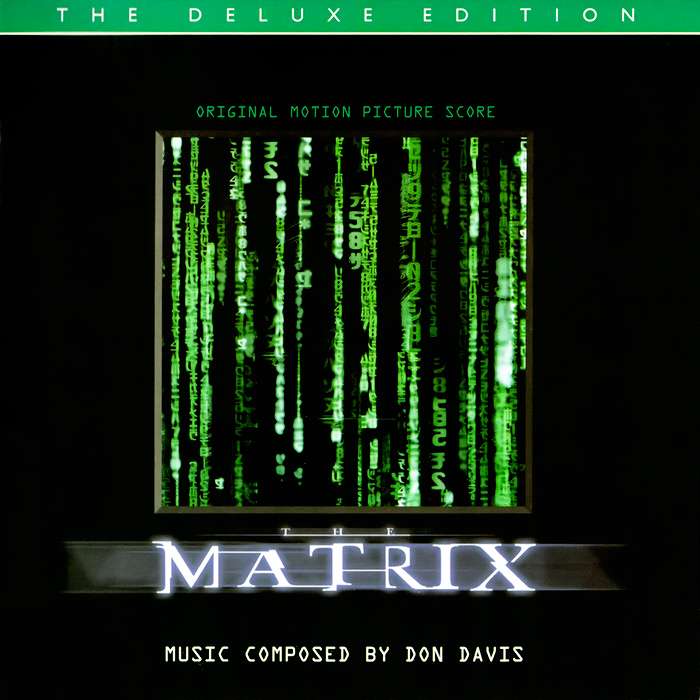
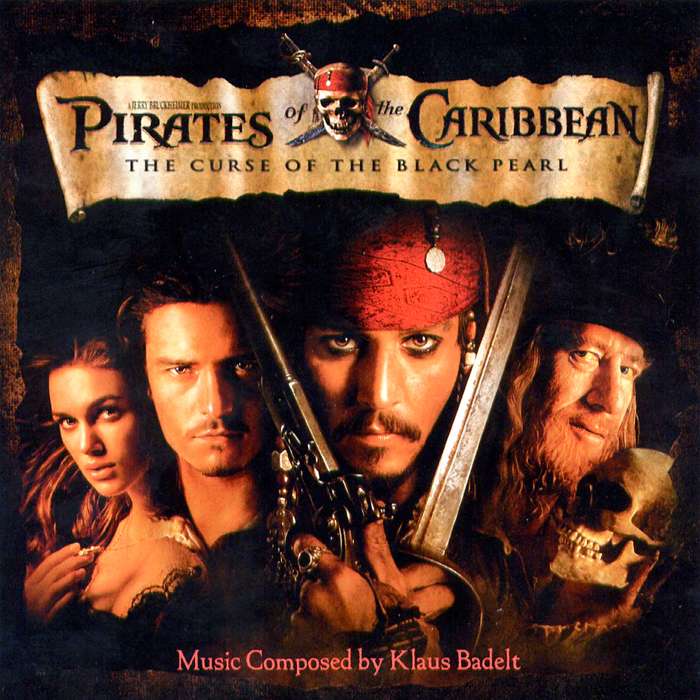
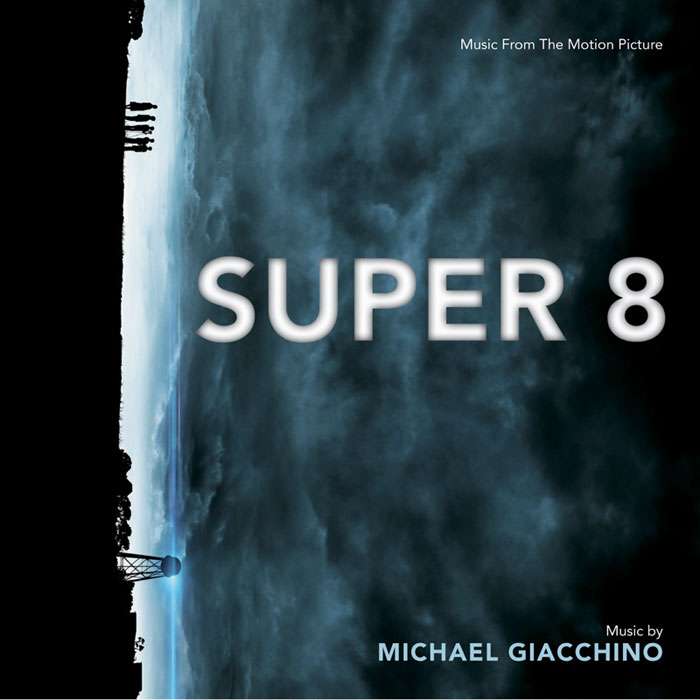

was the homophobic slur necessary? couldn't you just say "for whiny wussies" or something less offensive
ReplyDeleteI really believe that this sentence showcases my opinion of how Mr. Bruckheimer tends to stand on the far right, secondly I´m a gay man myself (as could have been guessed by my avatar Mrs. Dietrich), therefore I think I´m allowed to see myself not too serious once in a while.
DeleteThis was fun to read!
ReplyDelete...I could not agree more with Empire Strikes Back. It literaly brings me to tears listening to this bad sounding release of an albeit fabulous score. I am sure you also listened to Return of the Jedi. Which is at times worse. For example I cannot stand to listen to my favorite cue "Into the Trap" from The Battle of Endor I.
I partly agree with you on the German film industry. There are some good German scores out there from the past ten years. I like what Annette Focks did for "Die Kirschenkönigin" and "Dschungelkind". She is high standard for Germany. But at some points I think she is far too shy when it comes to using the brass section (just my opinion, can also be due to low budgets). I mean she can write for brass, there are some instances where she employs it surpremely ("Arrest" from Kirschenkönigin).
What do you think of her?
Thank you very much! Yes, I also listened to Return of the Jedi. I own all three scores on CD (the 1997 RCA editions) but all CDs reside in the cellar because I never listen to them because of their bad sound. Return of the Jedi actually isn´t that bad, it´s just that I don´t like the music ;)
DeleteAnd I´ve never heard anything from Annette Focks. Thing is I´m not interested in German movies and their scores, I hate most of them. We Germans are not doing movies for fun, we are only doing dead serious films where the protagonist always dies in the end, sometimes even without motivation. And if we´re doing funny movies they always have a cheap and not very funny humour. If it´s one thing we lack it´s scope, we are never grandiose or bombastic because that´s always derided as american, tacky or too commercial. Often enough I think that we have sticks up our asses. The only person with imagination was Bernd Eichinger but sadly he´s gone now.
Hey Marlene,
ReplyDeleteI just discovered this blog, and it's a pleasure to read. I fully agree on everything you wrote here. However I'm not so sure why you let James Horner get a pass so easily. To me, nearly everything he wrote after Titanic was - simply - a hideous copy of a copy of his own writing style. Don't get me wrong: There's nothing wrong in having a signature style. But Horner just seems to entirely copy and paste parts of his scores into a new score and call it a day. It's horrendous scoring - especially "Avatar"! As a composer myself, I try to cut him some slack, but sadly I seem to have developed a prejudce against his scores ever since...
PS: I also sent you an invite on FB.
... and it´s a pleasure to read such nice comments! To answer your question: I´m not letting Horner pass, it´s just that I was mainly trying to assess the sound quality of scores he has written over the decades. While "Avatar" indeed is a dreadful, tired score it nevertheless sounds excellent. You will find that particular score in my "Best Sounding Scores of all times" article - and don´t worry, in it I mentionend it as being tired ;)
DeleteInvite accepted!
At lest some of these had great music to work with, How such a list doesn't include Hans Zimmer who's every film score seems to be a non event is beyond me.
ReplyDeleteThe most important aspect of these lists is the sound, not the music. And scores from Hans Zimmer sound neither perfect nor horrible. To me they sound rather mediocre, more or less like the music they contain (with some exceptions working both ways).
Delete